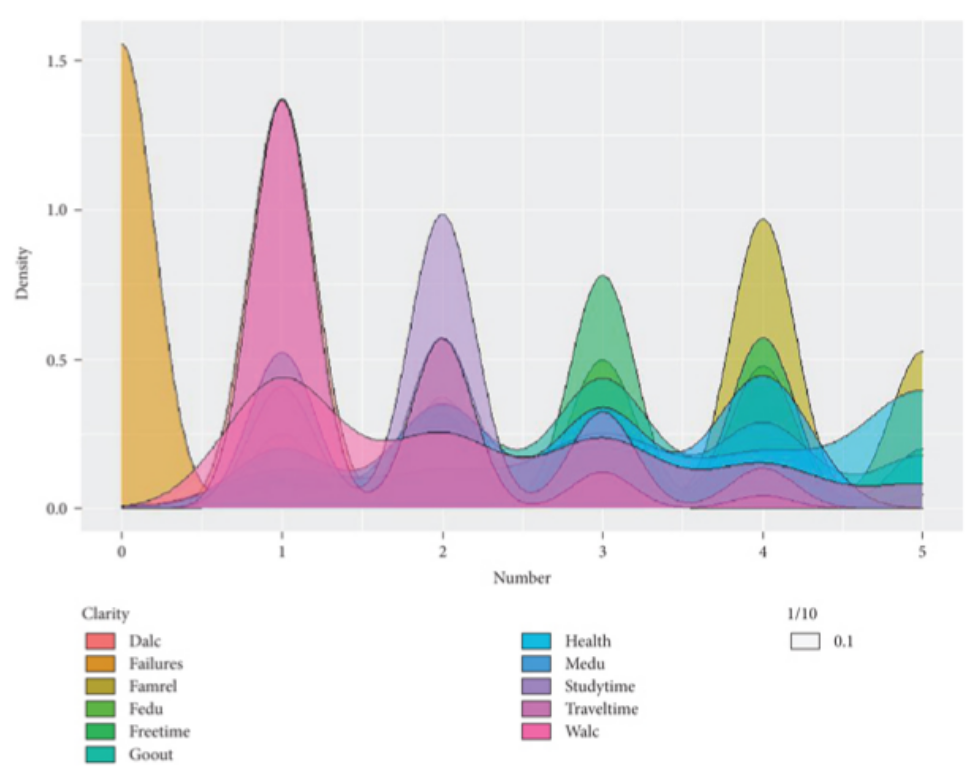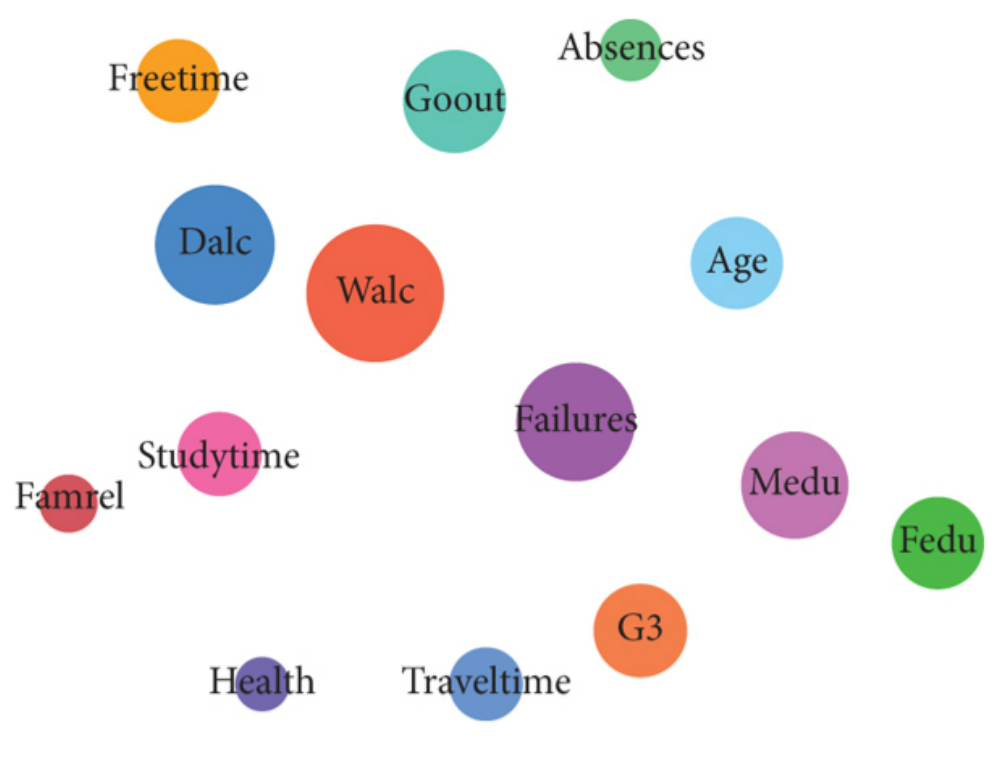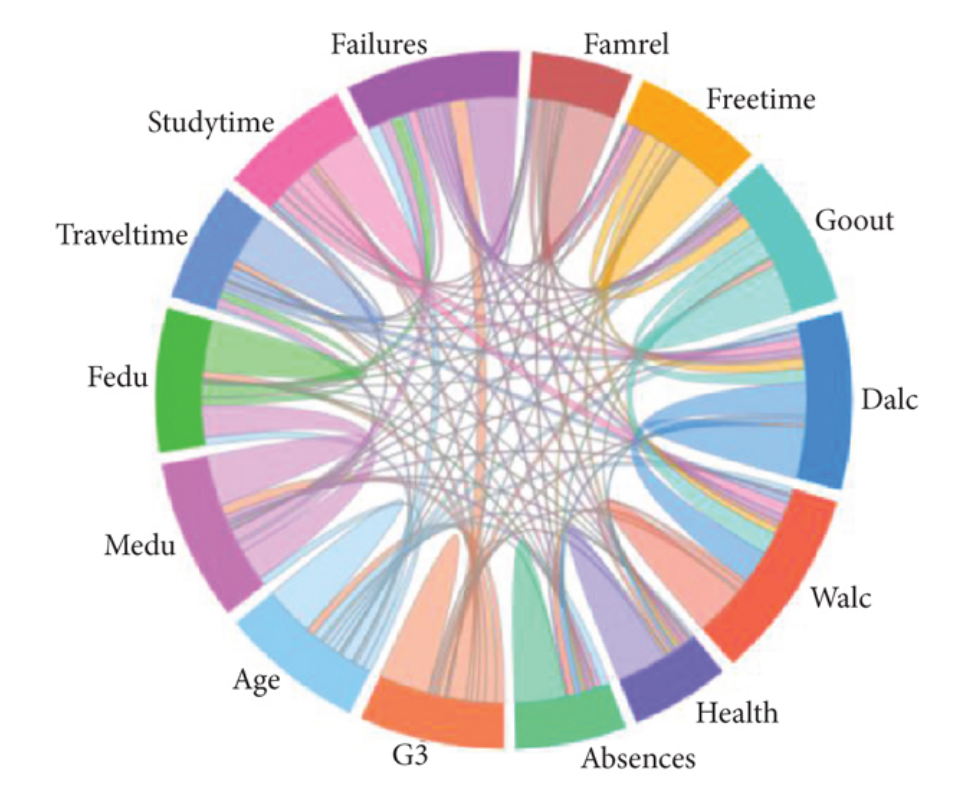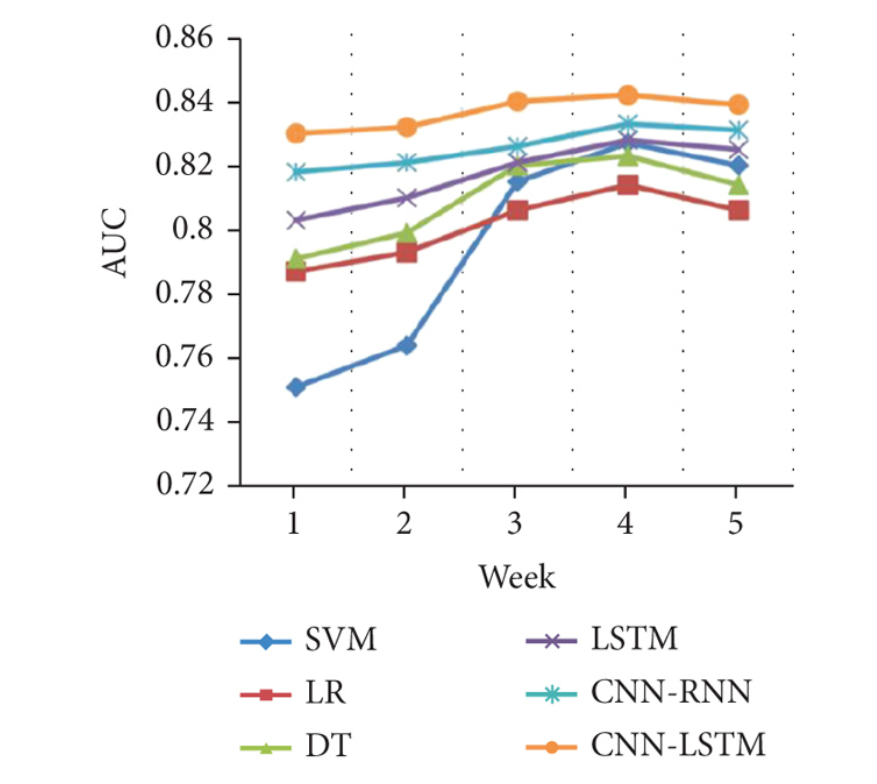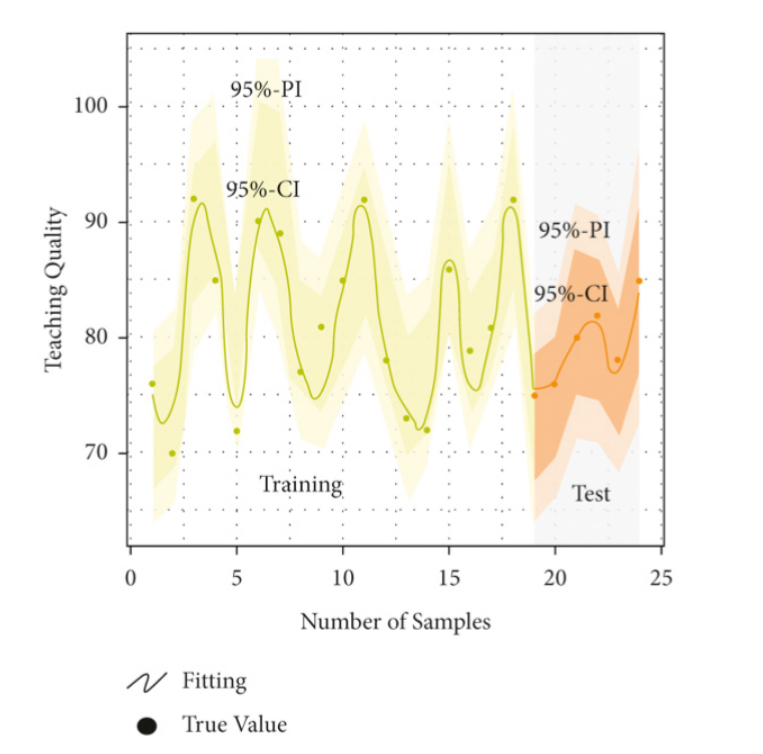 An open access journal
An open access journal
International Crisis Management from a Personal Third-Party Perspective: A Case Study of the First North Korean Nuclear Crisis
Abstract
With the deepening of globalization, international crises can transcend borders and spread worldwide, threatening the security and development of all humanity. Since the Cuban Missile Crisis, the theory of crisis management within international politics has gradually matured, leading to the emergence of crisis management models such as third-party intervention, as it has been said, "strategies may no longer exist in the future; instead, crisis management will take their place" [1]. At the same time, individuals acting as third parties have become important managers of international crises, with their strategies and autonomy influencing the course of crisis resolution. This paper uses the First North Korean Nuclear Crisis as a case study to summarize the modes of personal third-party intervention in crisis management and analyze how individuals effectively advanced the negotiation process.
Share and Cite
Article Metrics
References
- George, Alexander L., ed. Avoiding War: Problems of Crisis Management. Boulder, Colo.: Westview Press, 1991.
- Brecher, Michael, Jonathan Wilkenfeld, and Sheila Moser. Crises in the Twentieth Century: Handbook of International Crises, Vol. Oxford: Pergamon Press, 1988.
- Zhao, Xusheng. "On Post-Cold War International Crisis and Crisis Management." Modern International Relations, no. 1, 2003, pp. 24.
- Xu, Hui. "From the Persian Gulf to the Korean Peninsula: A Comparative Study of U.S. Crisis Management in the Post-Cold War Era." PhD diss., Graduate School of the Chinese Academy of Social Sciences, 2003.
- Young, Oran R. The Intermediaries: Third Parties in International Crises. Princeton: Princeton University Press, 2015, p. 25.
- Hoobler, Gregory. "Management of Issues and Relationships During International Conflict Management: Or How (Not?) to End a War."
- Liu, Junbo. "On the Conditions for Third-Party International Crisis Management." Diplomacy Review (Journal of China Foreign Affairs University), no. 6, 2007, pp. 44-49.
- Bakaki, Zorzeta. "Deconstructing Mediation: A Case Study of the Cod Wars." Negotiation Journal, vol. 32, no. 1, 2016, pp. 63–78. https://doi.org/10.1111/nejo.12147
- Zhao, Xusheng. "On Post-Cold War International Crisis and Crisis Management." Modern International Relations, no. 1, 2003, pp. 23-28.
- Hoobler, Gregory. "Management of Issues and Relationships During International Conflict Management: Or How (Not?) to End a War." International Journal of Conflict Management, vol. 14, no. 3/4, 2003, pp. 297–317. https://doi.org/10.1108/eb022903
- Cheng, Xiaoyong. "On Third-Party Management of International Nuclear Crises." Yunnan Social Sciences, no. 5, 2012, pp. 64-67.
- Li, Xueting. A Study on the Intervention of Third-Party Forces in International Conflicts. Changchun: Jilin University, 2017, p. 1.
- Kim, Jin Yeub. "Interim Third-Party Selection in Bargaining." Games and Economic Behavior, vol. 102, 2017, pp. 645-665.
- Lee, Hochul. "China in the North Korean Nuclear Crises: 'Interest' and 'Identity' in Foreign Behavior." Journal of Contemporary China, vol. 22, no. 80, 2013, pp. 312-333.
- Hecker, Siegfried S. "Lessons Learned from the North Korean Nuclear Crises." North Korean Review, vol. 8, no. 1, 2012, pp. 136-141.
- Creekmore, Marion V. A Moment of Crisis: Jimmy Carter, the Power of a Peacemaker, and North Korea’s Nuclear Ambitions [Dataset]. In The SHAFR Guide Online, 2017. https://doi.org/10.1163/2468-1733_shafr_sim200070106
- Creekmore, Marion V. A Moment of Crisis: Jimmy Carter, the Power of a Peacemaker, and North Korea’s Nuclear Ambitions [Dataset]. In The SHAFR Guide Online, 2017. https://doi.org/10.1163/2468-1733_shafr_sim200070106
- Creekmore, Marion V. A Moment of Crisis: Jimmy Carter, the Power of a Peacemaker, and North Korea’s Nuclear Ambitions [Dataset]. In The SHAFR Guide Online, 2017. https://doi.org/10.1163/2468-1733_shafr_sim200070106
- Wit, Joel S., Daniel B. Poneman, and Robert L. Gallucci. Going Critical: The First North Korean Nuclear Crisis. Washington, D.C.: Brookings Institution Press, 2004, p. 250.
- Jimmy Carter. "Letter to President Bill Clinton: Personal and Confidential," June 21, 1994, Post-Presidential Papers, "Korea—1994," specific file: "Korea—official communication w/US govt."
- Jimmy Carter. "Letter to President Kim Il Sung," June 20, 1994, Post-Presidential Papers, "Korea—1994," specific file: "President Kim Il Sung."
- Han, Seung-Soo. "Letter to the Honorable Jimmy Carter," June 22, 1994, Post-Presidential Papers, "Korea—1994," specific file: "Korea—communications with So. Korea."
- Kim Il Sung. "Letter to Former U.S. President, Mr. Jimmy Carter," Pyongyang, June 25, 1994, Post-Presidential Papers, "Korea—1994," specific file: "President Kim Il Sung."
- Wit, Joel S., Daniel B. Poneman, and Robert L. Gallucci. Going Critical: The First North Korean Nuclear Crisis. Washington, D.C.: Brookings Institution Press, 2004, p. 259.
- The Carter Center. "Statement from Former President Jimmy Carter on the Death of Kim Il Sung," July 9, 1994, Post-Presidential Papers, "N. Korea—Post Kim Il Sung: Kim Jong Il."
- Creekmore, Marion V. A Moment of Crisis: Jimmy Carter, the Power of a Peacemaker, and North Korea’s Nuclear Ambitions [Dataset]. In The SHAFR Guide Online, 2017. https://doi.org/10.1163/2468-1733_shafr_sim200070106
- Creekmore, Marion V. A Moment of Crisis: Jimmy Carter, the Power of a Peacemaker, and North Korea’s Nuclear Ambitions [Dataset]. In The SHAFR Guide Online, 2017. https://doi.org/10.1163/2468-1733_shafr_sim200070106
- “Briefing Memorandum to the Secretary from Mr. Tarnoff,” June 18, 1994, DNSA, KO00977.
- Creekmore, Marion V. A Moment of Crisis: Jimmy Carter, the Power of a Peacemaker, and North Korea’s Nuclear Ambitions [Dataset]. In The SHAFR Guide Online, 2017. https://doi.org/10.1163/2468-1733_shafr_sim200070106
- Jimmy Carter. "Letter to President Bill Clinton: Personal and Confidential," June 21, 1994, Post-Presidential Papers, "Korea—1994," specific file: "Korea—official communication w/US govt."
- Jimmy Carter. "Letter to President Kim Il Sung," June 20, 1994, Post-Presidential Papers, "Korea—1994," specific file: "President Kim Il Sung."
- The Carter Center. "Statement from Former President Jimmy Carter on the Death of Kim Il Sung," July 9, 1994, Post-Presidential Papers, "N. Korea—Post Kim Il Sung: Kim Jong Il."

